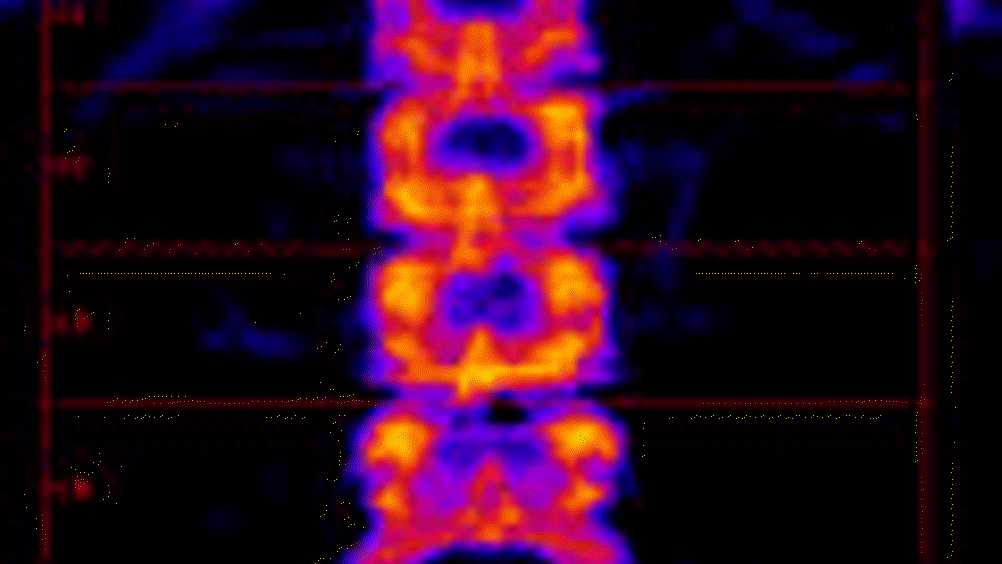Cementing better ops

Research about to start in Leeds could have a major impact in two common types of joint replacement operation performed on more than 80,000 people every year. It could also help prevent serious complications in a new type of surgery to mend spinal fractures.
A team at the University of Leeds' department of mechanical engineering has been awarded almost £150,000 over three years by the Arthritis Research Campaign (arc) to develop and refine the cement used in hip and knee replacement surgery.
Although in younger patients, uncemented joint replacements are becoming more common because they are easier to replace, cemented artificial joints are still extremely common and successful in older patients with severe osteoarthritis.
The same type of cement is also used in a new, experimental type of surgery to mend spinal fractures in patients with severe osteoporosis. This type of operation, known as a vertebroplasty, is simple and quick to perform with liquid cement being injected into the crumbling spine before setting hard and filling gaps in the bone. But if the cement leaks, it can press on the spinal cord or can even cause a clot in the blood stream.
Register now to continue reading
Thanks for visiting The Engineer. You’ve now reached your monthly limit of news stories. Register for free to unlock unlimited access to all of our news coverage, as well as premium content including opinion, in-depth features and special reports.
Benefits of registering
-
In-depth insights and coverage of key emerging trends
-
Unrestricted access to special reports throughout the year
-
Daily technology news delivered straight to your inbox










CCC Report Finds UK Climate Targets Still Within Reach
In 1990 67% of the UK´s electricity came from coal-fired power stations and even without renewables the transition to gas was a major contributor to...